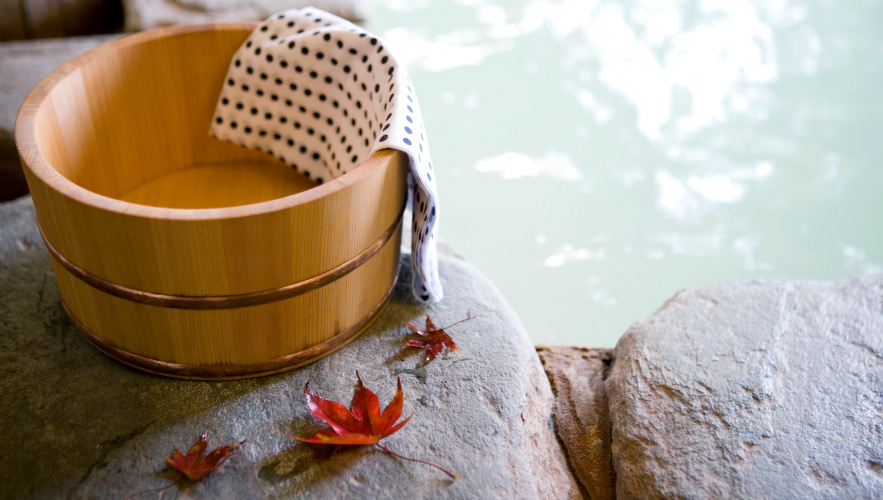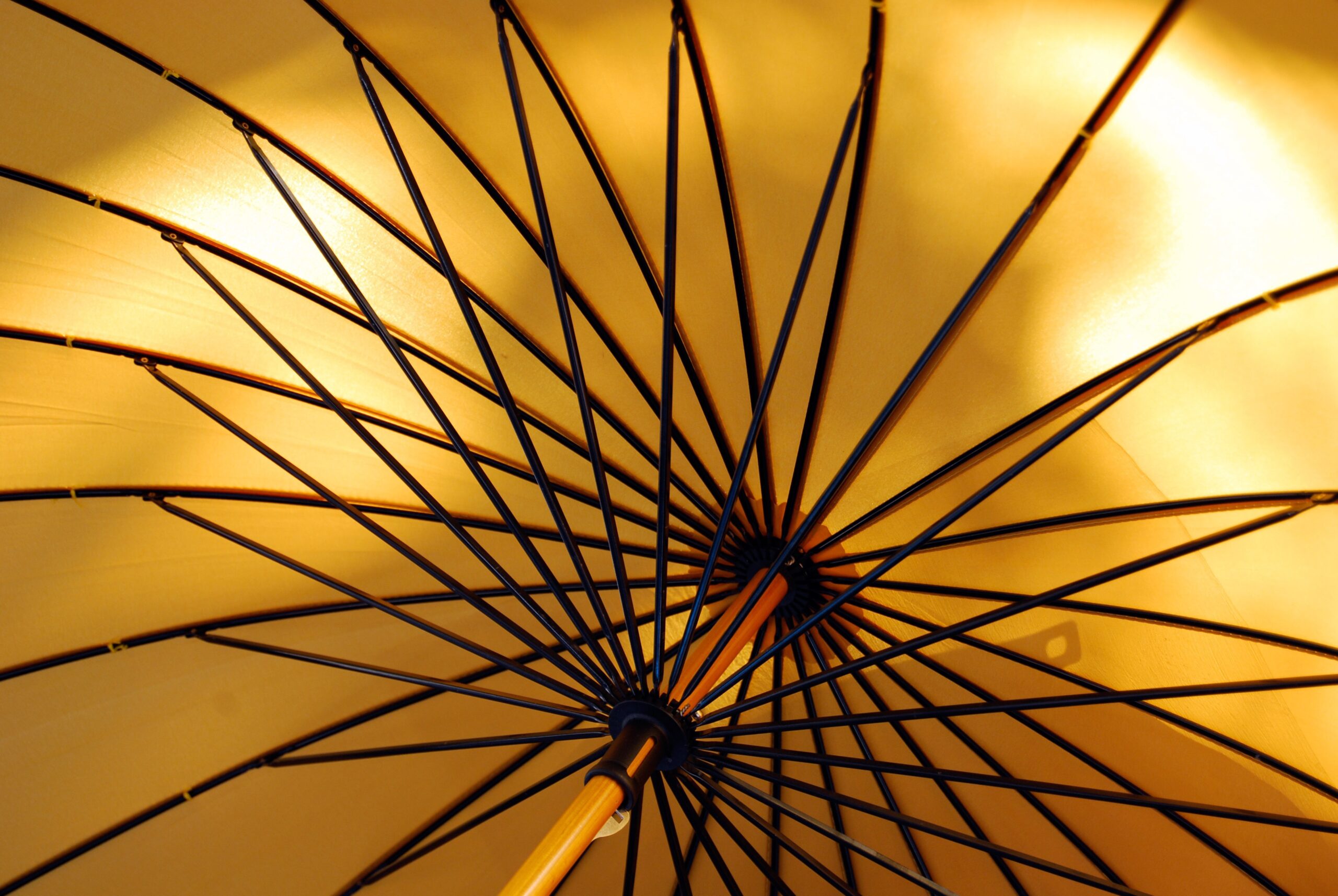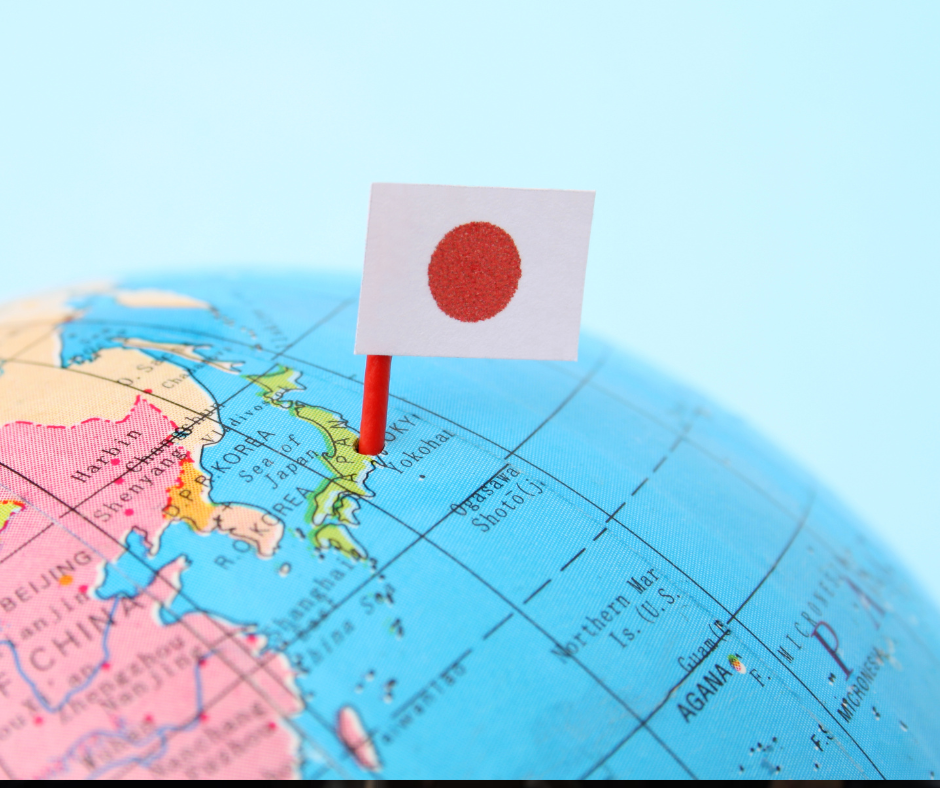For Canadians, Japan represents a dream blend of difference and comfort. The flights are long, yes – but once you land, everything works. Trains run on time, cities are spotless, and keep things fascinating: vending machines that sell everything from coffee to toys, bowing instead of shaking hands, and quiet, polite public spaces that feel worlds away from North America.
There’s also a shared sppreciation for nature and seasons – something Canadians instantly connect with. Japan’s spring blossoms, summer festivals, fiery autumn leaves, and powdery winter snow offer the same kind of outdoor beauty Canadians love, just seen through a new cultural lens.
And most importantly, Japan feels safe, organized, and welcoming – making it ideal for your first Asia adventure.
The Heart of a 7-Day Japan Experience
Forget rigid schedules. Think of your seven days in Japan as a sensory journey – a collection of experiences that gradually unfold.
1. Savor the Art of Eating
Japanese cuisine is not just food – it’s a philosophy. Even a simple meal at a local diner is presented like art. Start your mornings with miso soup and grilled fish, pick up onigiri rice balls at convenience stores, and end your evenings with a warm bowl of ramen under glowing paper lanterns.
If you’re curious, try a sushi counter where the chef serves pieces directly onto your plate, or a tiny izakaya bar where laughter and sizzling skewers fill the air. Canadians often find comfort in Japan’s balance between structure and creativity – the food mirrors that harmony perfectly.
2. Discover Cultural Harmony
Japan’s soul lives in its traditions – tea ceremonies that slow time down, temples that hum with silence, and festivals that paint the streets in color and sound. Even if you don’t know the customs, you’ll feel their rhythm the moment you step inside a tatmi-floored tea house or hear the first strike of a temple bell.
Participating in a cultural experience – whether it’s learning to wear a kimono, writing your name in Japanese calligraphy, or watching a performance of kabuki or taiko drums – gives meaning beyond sightseeing. It’s about connection.
Canadians often describe these moments as grounding – something that contrasts beautifully with our fast-paced modern lives.
3. Soak, Breathe, and Let Go in an Onsen
After a few busy days, nothing compares to the stillness of a Japanese hot spring – known as onsen. Nestled in mountains, beside rivers, or within quiet traditional inns, these baths are more than relaxation; they’re a ritual of renewal.
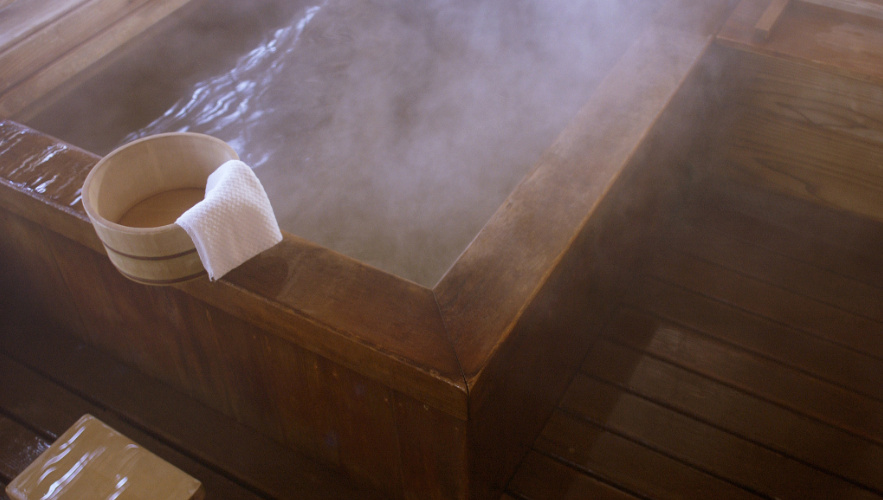
As you step into the steaming mineral water, the world’s noise disappears. The etiquette might seem formal at first (wash before entering, no swimsuits, keep voice low), but that’s part of the experience – respecting the space and others within it.
It’s a uniquely Japanese way to reset your body and mind. A perfect midweek pause during your seven days.
4. Explore the Contrasts of Modern Life
You’ll quickly see that Japan’s identity is buily on contrast. One moment you’re walking throug a 1,000-year-old shrine, and the next you’re surrouded by skyscrapers covered in LED screens.
Stroll through neon-lit shopping streets, try capsule hotels just for fun, or spend an afternoon exploring tech stores and stationery shops filled with impossibly cute designs. For Canadians used to wide spaces, Japan’s density feels exhilarating – not claustrophobic. There’s order in the chaos, and somehow it all works.
And yes, the trains really do arrive on the exact minute shown on your ticket.
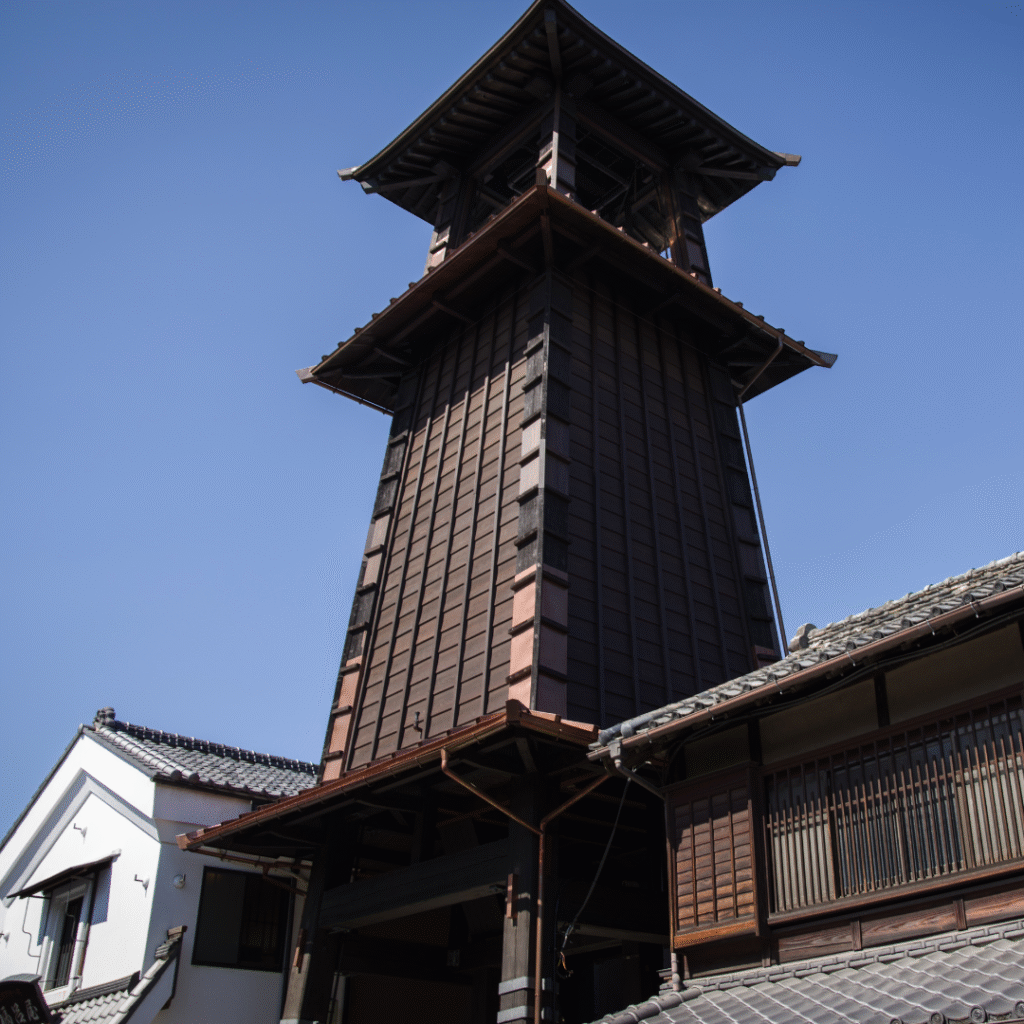
Need help with booking?
5. Listen to Nature’s Silence
Japan’s nature is not about vast wilderness, but intimacy. It’s the moss in a temple garden, the slow ripple of a koi pond, the shadow of bamboo swaying in the wind.
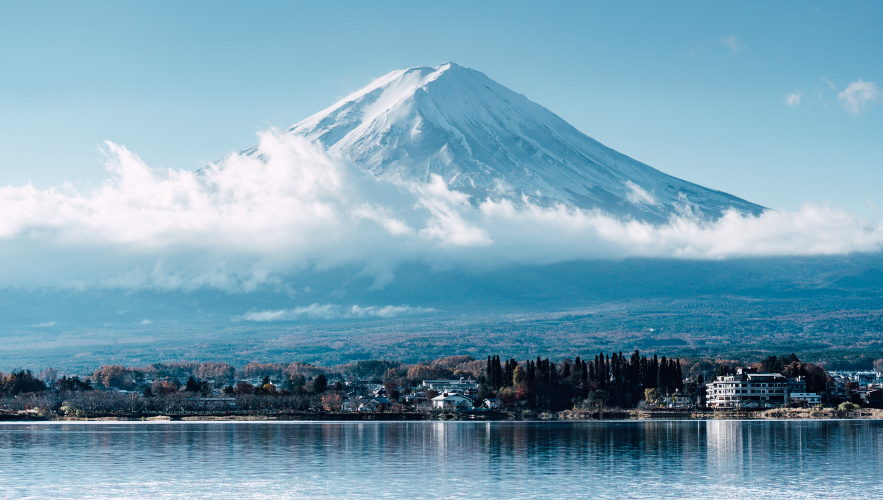
Canadians used to big landscapes might find Japan’s approach to nature refreshingly different – focused, minimal, poetic. Even in cities, you’ll find pockets of green that invite you to sit, breathe, and simply exist.
If your 7-day trip allows, take a day to wander along mountain trails or coastal paths. You’ll see how deeply respect for nature is woven into Japanese daily life.
6. Celebrate Local Festivals & Everyday Joy
No matter when you visit, Japan always seems to be celebrating something – cherry blossoms in spring, lanterns in summer, harvest in autumn, snow in winter.
Even small neighborhood festivals feel magical. Locals wear colorful yukata, children carry lanterns, and the sound of taiko drums echoes through the streets. Canadians often find these moments heartwarming because they reveal Japan’s community spirit and joyful side – far beyond the calm politeness often seen on the surface.
7. Shop Thoughtfully, Not Quickly
Shopping in Japan isn’t just about what you buy – it’s how you buy. Every package is wrapped beautifully, every shopkeeper bows as you leave. From handmade pottery to minimalist stationery, you’ll fine items that capture the Japanese idea of “kodawari” – a dedication to detail and perfection.
Instead of rushing through mall, slow down. Ask about the maker, feel the texture, and choose something you’ll cherish. Canadians who bring home items like chopsticks, tea sets, or small art prints often say those become their favorite souvenirs – because each one carries a story.
Travel Tips for Canadian First-Timers
Even if this isn’t a traditional itinerary, a few practical tips make all the difference:
Getting There – Direct flights from Vancouver and Toronto land in Tokyo in about 10-11 hours. Jet lag is real, so plan for a slow first day.
Connectivity – Rent a WiFi device or SIM card at the airport to stay online easily.
Cash & Cards – Carry some yen; while credit cards are accepted in big cities, cash is still preferred in small shops.
Etiquette – Be mindful of noise on trains, take your shoes off where required, and say a polite “arigato gozaimasu” often – it’s always appreciated.
Packing – Comfortable shoes are essential; you’ll walk more than you think.
Timing – Spring and autumn offer the most pleasant weather for first-time visitors.
How to Structure Your 7 Days
Think of your week not as seven checkboxes, but as seven moods:
- Arrival and wonder – everything feels new.
- Curiosity – dive into culture and customs.
- Indulgence – food, drink, and fun.
- Reflection – slow moments in temples or nature.
- Connection – meeting locals, sharing smiles.
- Adventure – something unexpected, maybe a hot spring or festival.
- Farewell – gratitude and calm before you fly home.
This rhythm – more emotional than logistical – helps you experience Japan the way locals live: through balance, respect, and beauty in the ordinary.
A week in Japan isn’t just a trip — it’s a gentle awakening of the senses. You’ll taste flavors that stay in your memory, feel peace in quiet corners, and learn that beauty often hides in the smallest gestures.
For Canadians exploring Japan for the first time, this seven-day journey is less about miles covered and more about moments cherished.
You’ll leave with a new sense of calm, curiosity, and maybe even the habit of bowing politely — a small reminder of a culture that values grace in every detail.
So pack your curiosity, take it slow, and let Japan show you what harmony truly feels like.

